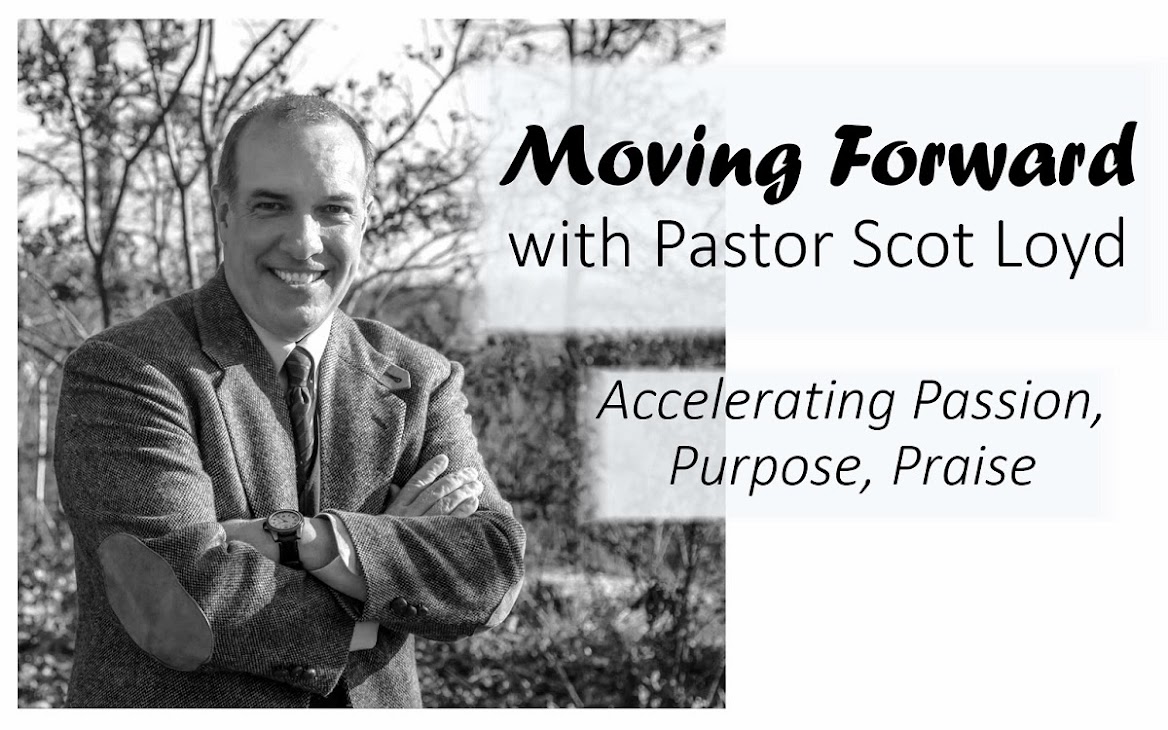Joseph Stalin once observed, “When
we hang the capitalist they will sell us the rope we use.” I think Stalin
accurately predicted the posture of many Americans and unfortunately many
Christians living in the 21st century. If the current economic woes
are any indication Americans are coming to terms with the excesses of corporate
greed and consumer debt. This philosophy has now produced a bill which has come
due resulting in a $700 billion bail out, with the promise that other creditors
are standing at the collective door of the American economy. This culture of
consuming has also plagued the American Christian Church and not just in
economic terms. Consider that the best-attended churches in America are
“Mega-Churches” which resemble Wal-Mart, where every day items are stocked high
and sold cheap. This is often duplicated in the church where congregants are
told that they should feel better about themselves, by pastors who write books
with titles like Love your life. Lest I am misunderstood, I have no disagreement
with success and I do believe that Christ’s church should be a growing and
thriving one, my disagreement is with the misrepresentation of what it means to
be a Christian. Too often Christianity in America has been identified with
patriotism, nostalgia and prosperity instead of the tenets of Biblical
Christianity. I love my country and value my childhood as much as the next
person, but this does not identify me as a Christian. Furthermore, just because
it is part of my culture to attend church on Sunday, this does not identify me
as a Christian. The Bible reports that followers of Christ were first called
Christians at Antioch (Acts 11:26), a derisive term of mockery because they so
resembled Christ. I wonder could the same be said of 21st century
disciples? First century disciples were characterized by their love for the
Word of God and their love for one another. Modernity has produced a very
different kind of Christian. When examining the modern counterparts of
Christianity some statistics may be helpful, according to the Gallup
Organization, most Americans own a Bible, but Bible ownership does not equal
Bible literacy. A study conducted in October of 2000 indicated that 59% of
Americans read the Bible occasionally, down 73% from the 1980s. Taking it a
step further only one in seven Americans report an involvement that goes beyond
just reading the Bible. Granted this
particular study did not measure Bible literacy among confessing Christians,
but the fact remains that Biblical ignorance is widespread. Consider that
according to Gallup,
- Only half of adults interviewed nationwide could name any of the four Gospels.
- Just 37% of those interviewed could name all four Gospels.
- Only 42% of adults were able to name as many as five of the Ten Commandments correctly.
- Seven in ten were able to name the town where Jesus was born, but just 42% could identify him as the person who delivered the Sermon on the Mount.
Even more amazingly, Christian
researcher George Barna points out “twelve percent of adults believe that
Noah’s wife was Joan of Arc, and seventy-five percent believe that the Bible
teaches that God helps those who help themselves.” Some might deem this
insignificant due to the trivial nature of the information, but I wonder if
Americans are mistaken when it comes to material that should be taught in
Sunday school how would they be expected to respond to the more complex themes
of Scripture such as justification, penal substitution and the nature of
God? As to the second characteristic of
early Christians, their love for one another, even a cursory survey of the
Christian landscape reveals churches and Christians still persistently divide
along racial, political and denominational lines. Perhaps a new reformation is needed, where
Christians are challenged to return to acts of service for one another and
systematic study of the Bible. As Christians we do not want to be guilty of
weaving the tapestry of our own demise. We must answer the call to return to a
relationship with God that is centered in a clear understanding that the Bible
is the final arbiter of truth and as such must be read, understood and lived.
Too easily many have adopted the attitude of the man applying for church
membership, when the gentleman was asked what he believed, he responded, “I believe
what my church believes.” Naturally he was then questioned as to what his
church believed, to which he responded,
“They believe what I believe.” America is currently paying an economic
price for a generation that attempted to finance the excesses of today on the
promises of tomorrow, we must not make the same mistake in the church,
attempting to sustain a spiritual existence with a depleted diet of junk food
masquerading as solid food for the soul.


No comments :
Post a Comment